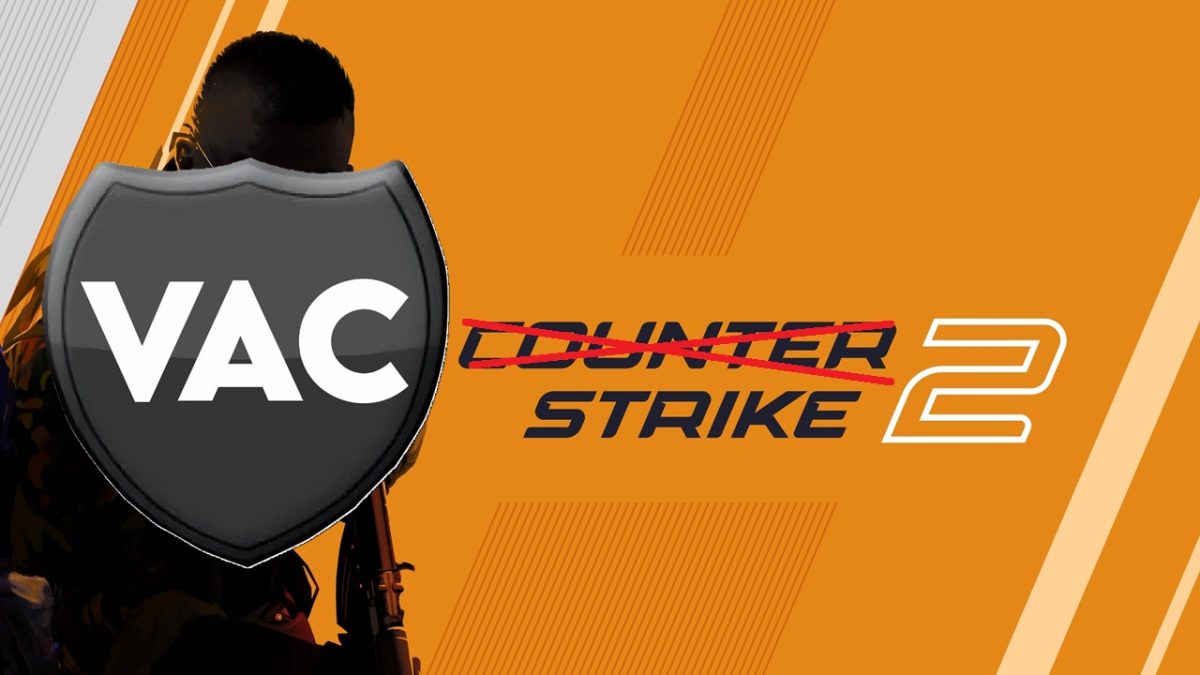Black Tube Sex Hub
Exploring the world of adult entertainment and erotic content.
VAC Bans in CS2: The Curious Case of Competitive Ghosts
Uncover the truth behind VAC bans in CS2! Explore the mysterious case of competitive ghosts and what it means for gamers.
Understanding VAC Bans in CS2: What You Need to Know
VAC bans in Counter-Strike 2 (CS2) can significantly impact your gaming experience and account status. The Valve Anti-Cheat (VAC) system is designed to detect and penalize players who use cheats, hacks, or other unfair advantages while playing. Once a player is flagged for cheating, they receive a VAC ban, which prohibits them from accessing any VAC-secured servers. This means that not only are you banned from playing with other players on those servers, but your reputation within the community can also suffer greatly. Understanding the implications of these bans is crucial for maintaining a fair and enjoyable gaming environment.
It's important to note that the VAC ban is permanent and cannot be overturned. This is why players are encouraged to familiarize themselves with the rules and regulations surrounding gameplay in CS2. If you find yourself facing a ban, there is no way to appeal it; thus, ensuring your game files and accounts remain free of cheats is essential. Additionally, engaging in practices like account sharing can also lead to unintended bans. To avoid these pitfalls and maintain a clean gameplay record, always play fairly and follow the community guidelines outlined by Valve.

Counter-Strike is a popular first-person shooter game that has been captivating players since its release. As competitive gaming evolves, players often wonder what is premier cs2 and how it impacts the gaming landscape. It pits teams of terrorists against counter-terrorists in a battle of strategy, teamwork, and sharpshooting skills.
The Impact of VAC Bans on Competitive Play: Are Ghosts Real?
The impact of VAC bans on competitive play is a topic that has sparked immense debate within the gaming community. When Valve Anti-Cheat (VAC) bans are enacted, players often find themselves questioning the integrity of the competitive scene. For many, a VAC ban means not just the loss of access to the game they love but also a tarnished reputation, as they are often labeled as cheaters. This stigma can linger long after the ban, affecting future gameplay and community interaction. The question arises: do these bans truly serve as a deterrent against cheating, or do they create an environment filled with ghosts—players who are unfairly accused or banned without merit?
Furthermore, the existence of ghosts in competitive play can lead to a culture of mistrust. Players who have been previously banned may struggle to regain their status within the community, while those who have never faced a ban could become overly suspicious of their teammates. This dynamic can hinder team cohesion and affect overall performance in competitive environments. As the gaming landscape continues to evolve, understanding the implications of VAC bans and addressing the concerns related to ghosts will be essential for fostering a healthy and fair competitive scene.
Debunking Myths: Can You Get VAC Banned for Team Play in CS2?
Counter-Strike 2 (CS2) has become a focal point for competitive gamers, and with it, numerous rumors and myths surrounding Valve Anti-Cheat (VAC) bans have proliferated. One persistent myth claims that players can receive a VAC ban simply for team play, particularly in coordinated matches. However, it is essential to understand that VAC bans are implemented to address cheating and the use of prohibited software. In reality, playing together as a team, utilizing communication strategies, and coordinating tactics are all fundamental aspects of the game and are not grounds for a VAC ban.
Moreover, the mechanics behind VAC bans are rooted in advanced software detection rather than the style of play. Valve has stated that team play does not constitute cheating unless it involves collusion or the use of third-party programs to gain an unfair advantage. Therefore, as long as players adhere to fair play and uphold the integrity of the game, engaging in team play should not lead to a VAC ban. It's critical for players to stay informed and avoid falling for myths that can mislead them about the game’s rules and fair practices.